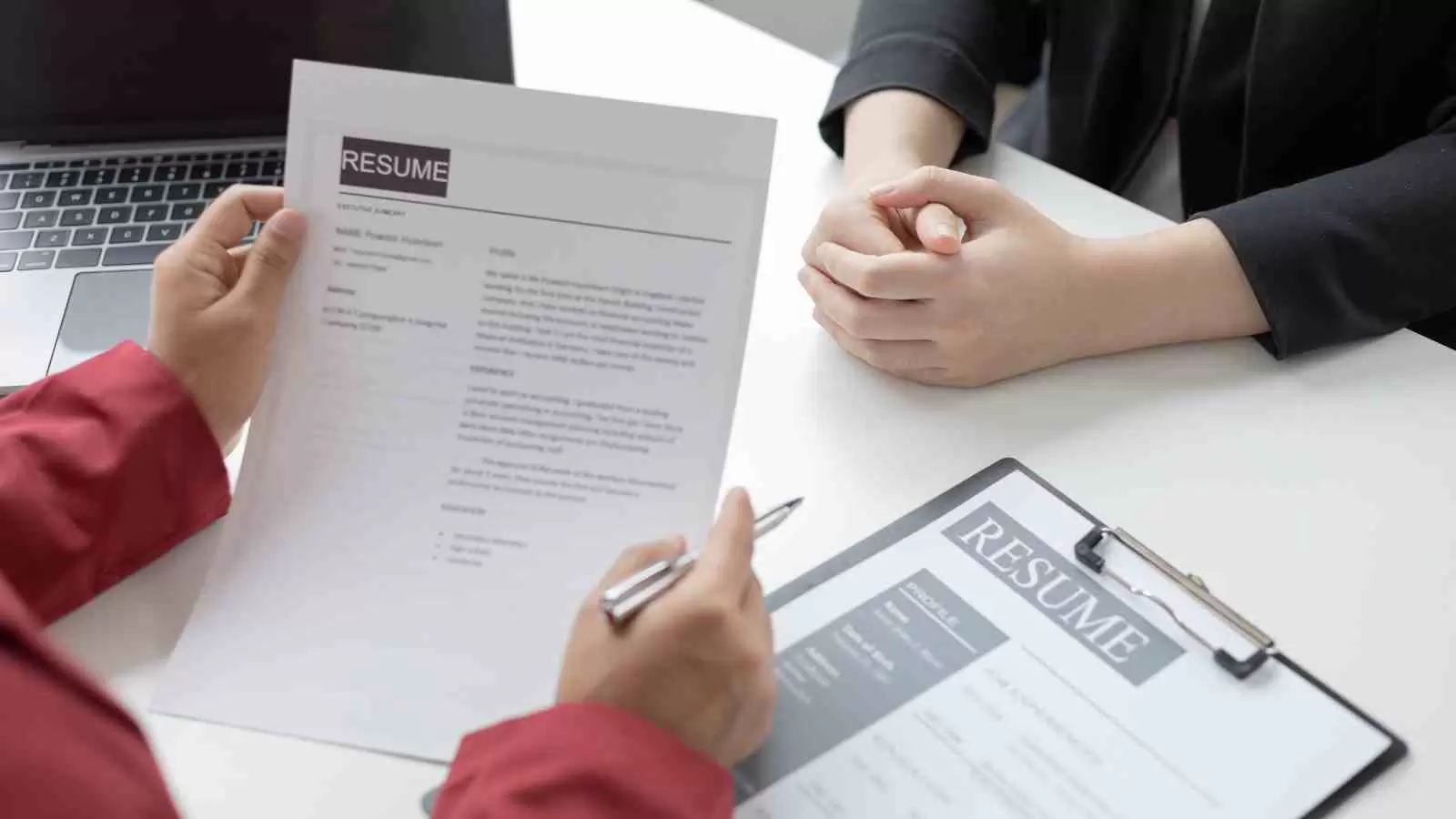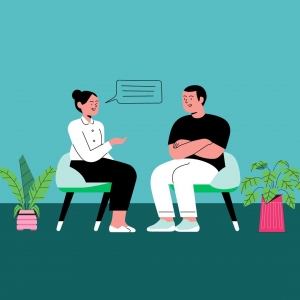How to Prepare for an Interview

Interviews can be very overwhelming, therefore we’ve put together some tips and tricks to help you prepare fully for your next interview.
Do your research
How thoroughly you prepare can determine how well you do in the interview. Although you may have all the qualifications and skills for the role you are interviewing for, knowledge about the company, culture and other employees is important.
- The Company: Learn more about their objectives, values, services, and most recent successes. Understand their market, rivals, and competitive landscape. With this information, you can customise your interview replies and show that you're genuinely interested.
- The Role: It’s a bit of a given you need to research the role you are applying for and have a full understanding of the requirements. However, it never hurts to do further research as you never know what you will find. Read the job description more than once, and if you filled out an application form, review it to remind yourself of how your talents and experience relate to the position. You must be able to communicate your career goals, demonstrate your knowledge of the position, and, most importantly, justify why you have applied.
- Who is Interviewing you: Although this isn’t a must it can be beneficial to have an understanding of what the person interviewing you does at the business. You can usually find the name of the person interviewing you on the email communications, where you will then be able to search for them on LinkedIn or on the company site.
Practise!
Before the actual interview, it's a good idea to do at least one practice interview. You can do this with someone you can trust to give you honest feedback, if you do not have anyone can you do this with, you can record yourself for self-assessment.
This will give you the chance to test out your internet connection too and make sure your laptop, microphone/any technical equipment you need to work.
Prepare questions to ask
To be able to demonstrate proactiveness, it is worth having questions to ask in the interview in mind. This could surround the company culture, your day-to-day, or any initiatives you’re interested in.
This shows that you are interested in the position and helps in trying to learn more about the organisation and the role.
Prepare all Necessary Documents.
Organise all the required paperwork, including a copy of your CV, cover letter, reference letters, and any essential licences or portfolio examples.
By keeping them in an easy-access folder on your computer to send over, or having them in a folder printed, will keep you organised.
What to wear
What to wear can be very dependent on the company/industry you are interviewing for. In the past, it was an expectation to always dress smartly and professionally when at work, however, more casual office attire has become more popular.
There are certain factors which can indicate the level of formality of the company, such as the terms of communication and the language they use, photos used on their website and social media pages, the job role you are applying for and the industry it is in.
For example, if you are applying for a big law firm, you will be expected to dress smart, however, a small technology company may be a little more casual.
If you are ever unsure, you can always ask the person you are in communication with what the dress code and the company is.
Plan the day
To avoid any unnecessary stress, ensure you have double checked the time and date of the interview, the location, or platform if it is online.
If the interview is online, beforehand you should make sure your surroundings are quiet and your background is professional.
If the interview is face-to-face, ensure you have checked the route you need to take to get to the location on time and its whereabouts.
After the interview
Ending an interview can sometimes feel awkward, however, the best way to leave is by leaving with a good impression. This can be done by simply thanking the interviewer for their time and you hope to hear from them soon.
It’s always worth making notes of the questions you were asked in the interview and keeping them safe to help you prepare for any future interviews.
In the case that you are unsuccessful, it is always worth emailing and asking for feedback so you can take it on board and use that for the future.



